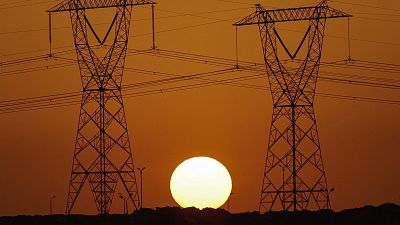Egypt
Egypt on Thursday announced a series of measures, including planned power cuts, to cope with the growing energy consumption caused by the intense heat wave sweeping the country.
In a televised address on 6 August, Prime Minister Mustafa al-Madbouly called on the private sector to take similar measures, saying that civil servants who do not work in a job in contact with the public will work from home one day a week for a month in order to relieve the electricity grids.
To cope with rising energy consumption across the country, planned power cuts are expected to last one or two hours a day at most, he added.
They are expected to continue until the end of the current heatwave, which has seen temperatures exceed 45 degrees this week in some parts of the country.
The government began implementing the cuts last week, urging residents not to use lifts at certain times of the day.
This measure sparked a wave of discontent on social networks, with many complaining that the power cuts, often at the hottest times of the day, lasted for more than two hours and occurred only once a week.
Egypt's economy has been undermined by galloping inflation and repeated currency depreciations, which have affected purchasing power and the ability to import essential goods.
A similar energy crisis during the presidency of Islamist Mohamed Morsi in 2013 sparked widespread anger and protests before he was deposed by the army.
In 2015, the Egyptian authorities had struck a deal with Germany's Siemens to build three major power plants, with investments estimated at six billion euros with the aim of doubling the country's electricity production.
Since then, Egypt has had to contend with the depletion of its foreign exchange reserves and a growing debt, exacerbated in particular by Russia's invasion of Ukraine.













02:30
Morocco’s oases struggle to survive amid growing desertification
01:06
Turkey swelters under soaring heatwave as temperatures expected to go higher
Go to video
Record-breaking heat in Morocco spurs demand for air conditioning
01:10
Marseille airport suspends flights as wildfire continues to burn
01:22
World will have to learn to live with heatwaves, UN says
Go to video
Morocco: United Kingdom withdraws from renewable energy project